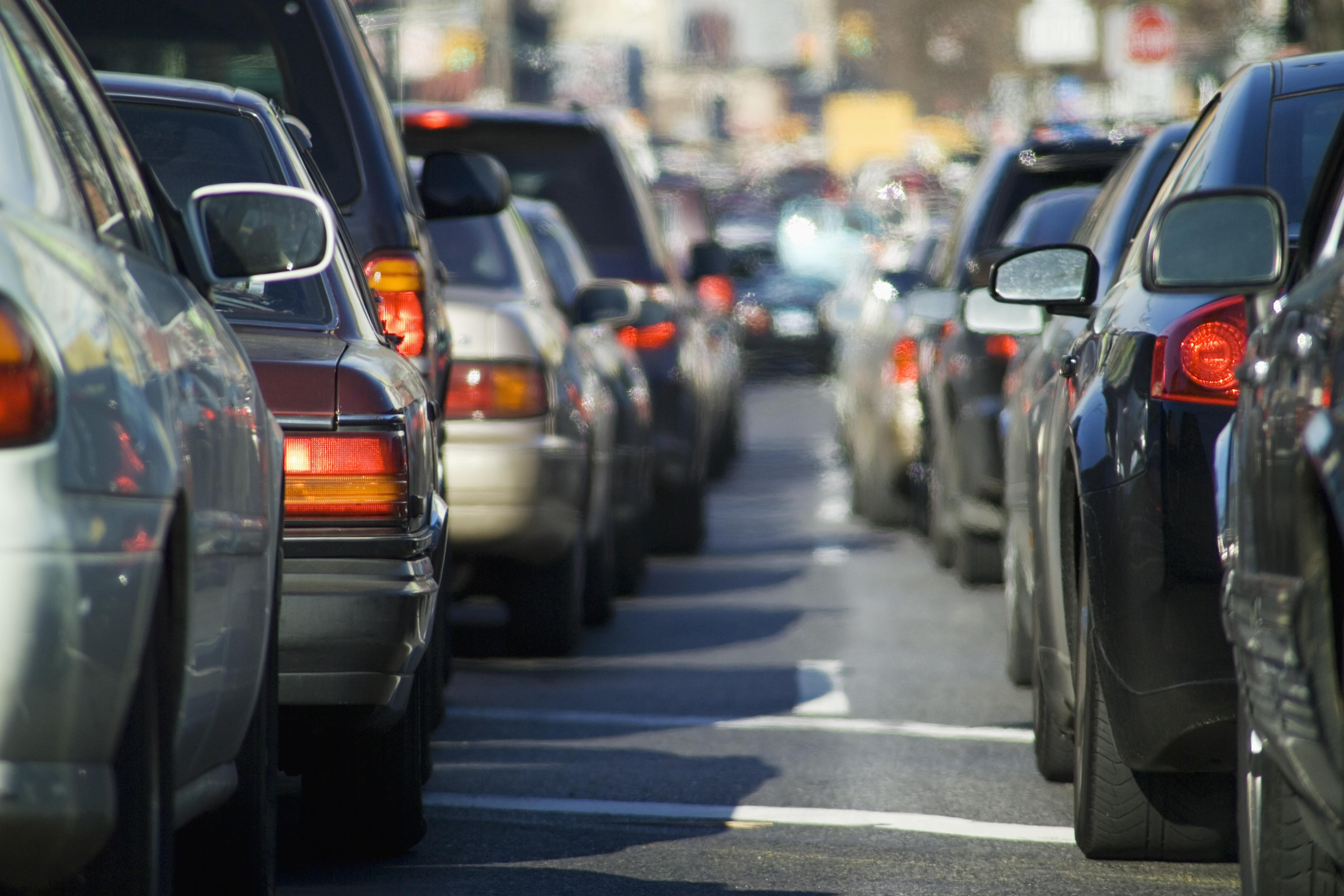Cuts to fuel duty 'equivalent to three times current active travel spending', shows Cycling UK report
The charity has called the fuel duty cut 'a huge missed opportunity' to decarbonise transport


A 5p cut in fuel duty represents three times the current spending on active travel in the UK, according to a new report, which suggests that the financial relief would be better invested in active travel.
The 'Spending £2.4bn Better' technical report concludes that the fuel duty cut - applied by the government in response to the cost of living crisis and effective from March 2022 to March 2023 - is a "huge missed opportunity to redirect £2.4bn to decarbonise transport."
The report was commissioned by Cycling UK, and the charity maintains that the government would be better off using the money to "triple" the investment in active travel, currently standing at £738.5 million across the UK.
The report was prepared by Walking | Cycling | Climate Action Ltd, and states that greater spend on active travel would be better "value for money", being better distributed between families and individuals regardless of car ownership, cutting carbon, and delivering solutions to "big ticket whole economy issues" such as health and net zero targets.
Comparatively, it says that the 5p drop in fuel duty would amount to a projected saving of £35.78 per capita, "a sum unlikely to have a noticeable impact on struggling households over the course of a year."
Among other claims, the authors state that up to 50% of the subsidy could be retained by fuel retailers, therefore not achieving the end goal of aiding UK households.
“The long- term solution to rising prices at the pumps is to reduce our fuel-dependency by investing in public transport and active travel to give people realistic alternatives to jumping into their car," said Duncan Dollimore, head of campaigns and advocacy at Cycling UK.
The latest race content, interviews, features, reviews and expert buying guides, direct to your inbox!
“Calls for greater investment in active travel are sometimes rebuffed with claims that there isn’t enough money, but as this report shows, there was money available to revolutionise sustainable transport.
“But instead of investing to reduce car-dependency the Chancellor has surrendered £2.4 billion of tax revenue, half of which could go to line the pockets of fuel retailers rather than the public."
He added: "In addition, people on the lowest incomes and most affected by the cost-of-living crisis are also less likely to drive, so won’t benefit at all from this inequitable carbon subsidy. It’s vital that politicians realise that the public want long-term sustainable transport solutions, and the time to act is now.”
At present, 71% of journeys in England are under five miles, and Cycling UK says that better investment in active travel infrastructure will encourage more people to make these trips via methods other than the car.
Michelle Arthurs-Brennan the Editor of Cycling Weekly website. An NCTJ qualified traditional journalist by trade, Michelle began her career working for local newspapers. She's worked within the cycling industry since 2012, and joined the Cycling Weekly team in 2017, having previously been Editor at Total Women's Cycling. Prior to welcoming her first daughter in 2022, Michelle raced on the road, track, and in time trials, and still rides as much as she can - albeit a fair proportion indoors, for now.
Michelle is on maternity leave from April 2025 until spring 2026.
